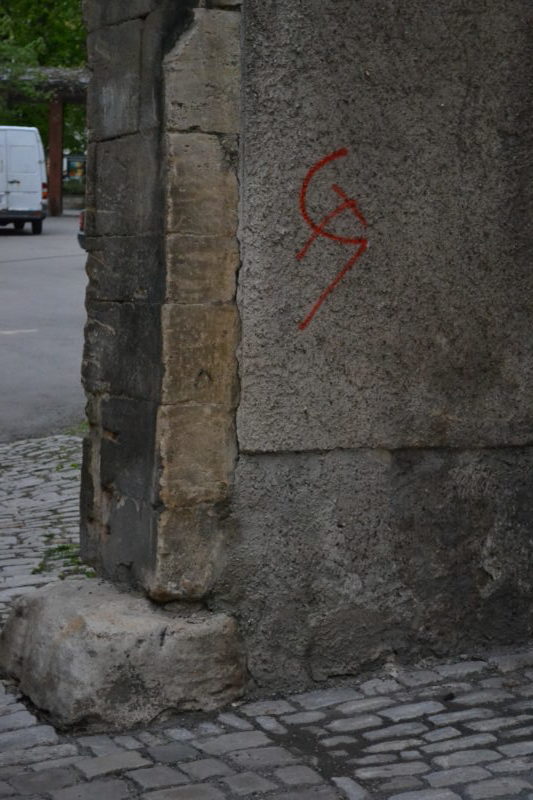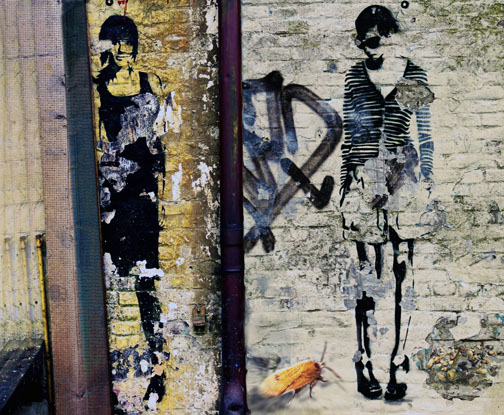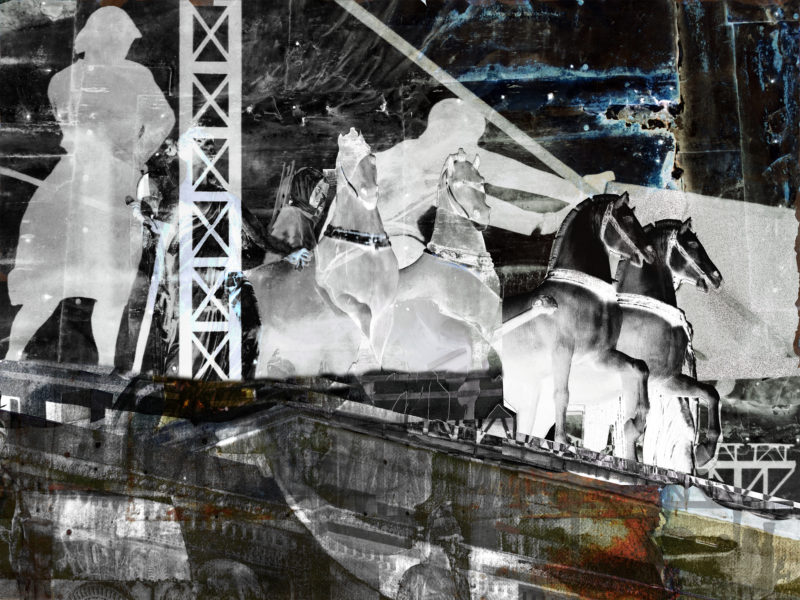
A decade or so after my progeny finished high school I am still in awe of their stellar English teacher and lucky enough to be on her list for book recommendations. That way I read Yaa Gyasi’s novel Homegoing this spring and was quite taken by it. The 2016 reviews were picky if benevolent, and not much in line with my own strong emotional reactions to the tale, or more precisely, the tale’s characters. (Clicking on picture should open NYT review….)
The novel describes the lives of several generations of offspring of two African half-sisters, born into different tribes. It takes place on both continents, Africa and America, linked by slavery, and reaches into our own time. I learned quite a bit about Africa, but most importantly I was amazed by the literary craft of creating characters that throughout time and place were memorable and demanded empathy, easily given. In addition, though, the novel describes sensitively and painfully issues of relocation – both forced, in the context of slavery, and half-voluntarily, in the context of the Jim-Crow South, the call of the job-promising North, the call of the US to educated modern-day Africans, and the call home to Africa for those with ancestral roots there.

Seeking a different life on a different continent is, of course, familiar to me in my own biography. But the pressures did not come close to what another novel supposedly brilliantly describes: the search of a young, drug-addicted, gay Black man from Chicago for a better future in the Berlin of the 1980s. Darryl Pinckney’s novel Black Deutschland came with glowing reviews when published last year at the same time as Homegoing. https://www.nytimes.com/2016/02/07/books/review/darryl-pinckneys-black-deutschland.html
What sold me, however, to put it on my reading list, was this bit in the Kirkus Reviews: “What sustains your attention . . . is Pinckney’s dolefully witty and incisively observant voice, whether describing the quirks of his hero’s family (‘When the going gets rough, make pancakes,’ Jed’s father advises) or evoking the sights, sounds, and even smells of West Berlin, ‘the involuntary island, that petri dish of romantic radicalism.’ Pinckney’s discursive novel, coming across as if it were a late-20th-century hipster version of Rilke’s The Notebooks of Marte Laurids Brigge, typifies an era in which inventive, idiosyncratic styles flourish anew in African-American writing.”
Who can resist a hipster version of Rilke????


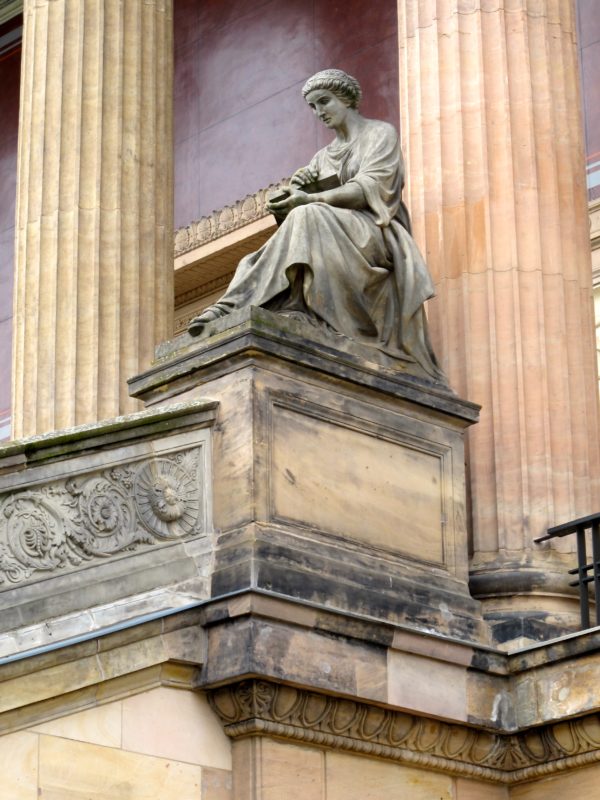






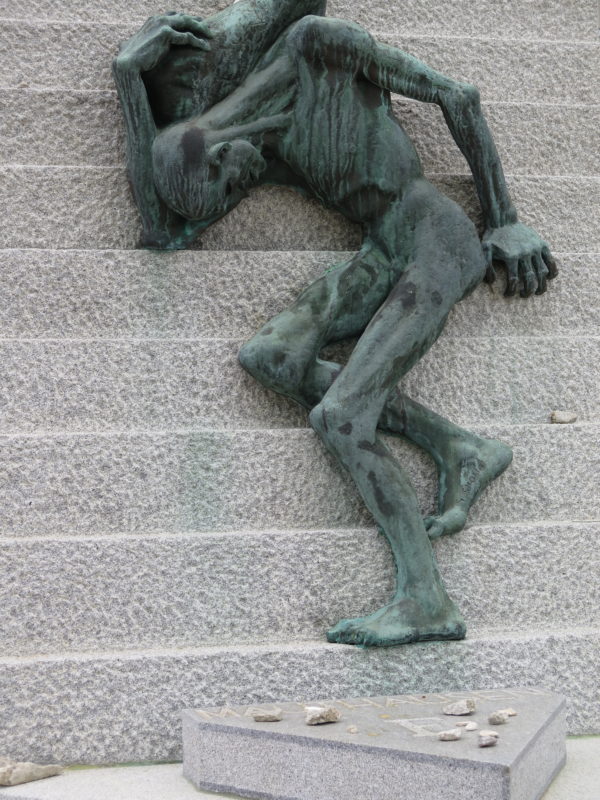

 Of course there was no way I could avoid focussing on the upcoming election drama between LePen and Macron. Or rather focussing on the fact that an anti-Semitic woman bent on destroying the European Union might be the next President of France.
Of course there was no way I could avoid focussing on the upcoming election drama between LePen and Macron. Or rather focussing on the fact that an anti-Semitic woman bent on destroying the European Union might be the next President of France. Given the resurgence of explicit anti-Semitism, I thought the books below, about the fate of French Jewry, might be something to read. Note: NOT YET READ! Several of this week’s books are on my list, not in my head. They all just struck me as interesting.
Given the resurgence of explicit anti-Semitism, I thought the books below, about the fate of French Jewry, might be something to read. Note: NOT YET READ! Several of this week’s books are on my list, not in my head. They all just struck me as interesting.




 https://www.amazon.de/What-Times-Next-Swan-Slezak/dp/B0007DL03Q/ref=sr_1_1?s=books&ie=UTF8&qid=1487961603&sr=1-1&keywords=what+time%27s+the+next+swan%3F
https://www.amazon.de/What-Times-Next-Swan-Slezak/dp/B0007DL03Q/ref=sr_1_1?s=books&ie=UTF8&qid=1487961603&sr=1-1&keywords=what+time%27s+the+next+swan%3F










 I have a few people who recommend books to me that invariably hit the spot. Those people are from different backgrounds and of different ages, and I agree with them 90 or so % of the time. I am grateful to them because they alert me to authors that I might otherwise never have encountered.
I have a few people who recommend books to me that invariably hit the spot. Those people are from different backgrounds and of different ages, and I agree with them 90 or so % of the time. I am grateful to them because they alert me to authors that I might otherwise never have encountered.


